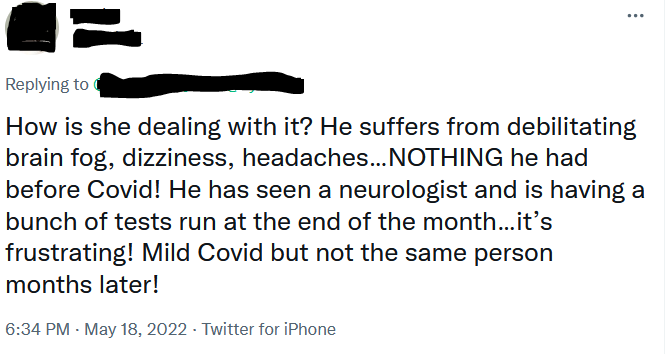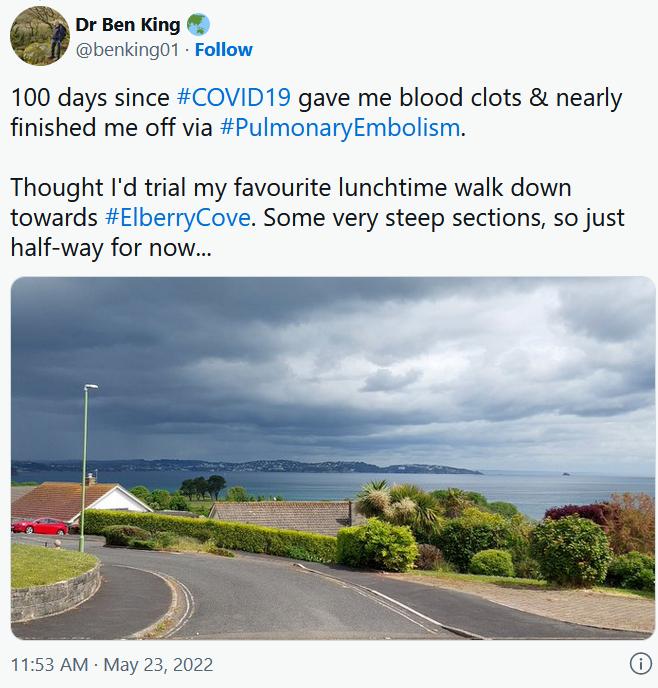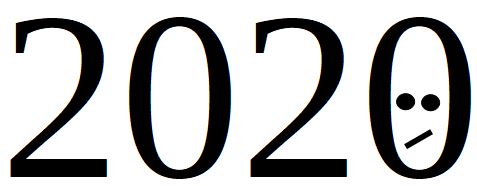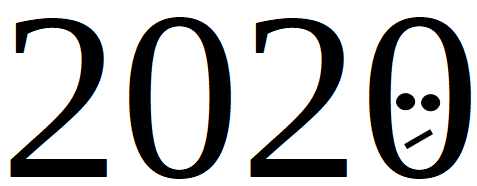We knew what was coming. Some of us. We were aware of the tide of neoliberalism that was sweeping the globe and which had crushed the UK like a cheap mobile home in a tsunami. There was still a desperate hope that we could fend off the worst Tory government, nay worst government, we would ever see. Corbyn’s Labour had at least managed to reduce May’s majority, thanks in part to the fracturing effect of UKIP and in spite of the combined efforts of the country’s scurrilous rags that masquerade as newspapers. It was all Corbyn’s fault, of course, that Labour didn’t achieve an out and out victory. Anyone else at the helm… etc. etc. Much as I blame him for his role in Brexit (as you can see in the letter), that was bollocks. That’s pretty clear now. The Labour Party under Starmer is struggling. Of course it is. It’s an irrelevance now.
We’ve had to adapt to a lot of unprecedented experiences since then, but talk of elections, and of Labour and of progressive alliances has made me revisit the letter that I wrote to my MP (re-elected, as it happens, and a welcome exclusion of the Tory candidate). It was prophetic – though it didn’t take much clairvoyance to be so. Here’s what I wrote then when I was preparing to lend my vote. It is highly unlikely that I will ever do it again. I certainly won’t vote for a Labour Party led by a man who, among other things, does not even support the unions against a Tory government.
The Letter
A letter to the Labour Party
Dear Matt Western
cc Jeremy Corbyn
This General Election (December 2019), I find myself in the iniquitous position of feeling obliged to vote for a party that does not most closely represent my principles. It is highly likely that I will be voting tactically for you, Matt Western, our previous Labour MP in a marginal seat where the Conservatives are the nearest contenders.
This should not be considered as an endorsement of the Labour Party, but rather a choice forced upon me by the appalling First Past the Post system we operate in the UK. This consistently undermines democracy by sidelining true representation and has pushed us towards a two-party state. I have frequently been told not to vote for my party, the Green Party, because it would be a ‘wasted vote’, in spite of the fact that I believe them to be the only party that has truly understood the crisis the others have only recently accepted.
If I lend my vote to the Labour Party in this instance, it will be because I believe that we face a great evil in the form of the far-right, populist cabal that has taken over what is left of the Conservatives. I think that if they form a majority government, they will complete the steps to dictatorship that were started with the deceptive referendum to leave the EU. Very little remains of our democratic structures: the media are compromised, including that bastion of British journalism, the BBC; unashamed lies are now the new truths; foreign interference from Russia and from far-right organisations in the USA have blatantly interfered in our democratic processes; the language of debate has been toxified and the populace has been set against itself; the leader of the ‘Conservative’ party has indicated that he will proceed with moves to dismantle judicial mechanisms so that they cannot obstruct him. All that remains is for that party to achieve a majority government and we will see dissenters disappear, along with all the rights we have fought so hard for over the last two centuries.
I do not believe a Labour government would take us down the same route and I welcome many of the promises in the Labour manifesto. However, I would not be voting for Labour wholeheartedly and with a clear conscience. It is Labour’s refusal to acknowledge that the FPTP system is essentially undemocratic that puts me in this position in the first place. Additionally, Labour’s inability to contemplate working with other parties in order to ensure an opposition victory imperils us all. I also think that there is evidence that Labour is not innocent in the destruction of our democracy and I fail to understand why Labour ever supported the idea of a referendum and the Brexit lie. They surely must have seen who were the prime movers in wanting to leave the EU: the far-right; the ultra-rich; the racists; those with links to the oil companies and the climate-science deniers. Furthermore, we can only assume that Labour names are in the report on Russian interference and payouts to people in key positions in our country. Otherwise you would be demanding at the highest level that they be released immediately and you would not let up, rather than leaving the work to a few people of integrity (Ian Lucas, for example). It is extraordinary that you have accepted a general election when there is such overwhelming evidence that it cannot be free and fair.
An example of a healthier democratic system is the European Parliament, where for the first time in all my voting life, I have a representative I actually voted for: my Green MEP. Already, she has done excellent work in the 6 months she has been there, and has kept her constituents informed through regular postings on social media. We are set to lose this because of the Labour Party’s continued inability to tell the truth about Brexit and to support our crucial role as a voice in Europe. A ‘Labour Brexit’ would still be an action predicated on a tissue of lies. More ‘ballot box’ democracy in the form of a second referendum does not negate this.
Labour will benefit from much tactical voting in this General Election. Do not misinterpret this and claim it as support. Many of those voting for you will not be supporters. Those of us in the Green Party who follow the Green MEP, Magid Magid’s advice to vote tactically to avoid a Tory majority, know that Labour’s ‘Green New Deal’, though a positive step, is significantly flawed. Labour remains attached to notions of economic growth and it fails to understand the timescale necessary. The Greens have been trying to get Labour to listen to us and understand sustainability and social justice for more than three decades but have frequently been rebuffed or vilified. If we find ourselves in the happy position of preventing a Tory government, Labour would be well-placed to show some consideration for voters from the Green Party and others. It is high time that the FPTP system was seriously challenged and up for reform. At the same time, antiquated party politics which have brought us to this parlous situation should be put aside. We all face a clear and present danger and this needs more than the old party lines if we are to have any kind of viable future.
Finally, Matt, I consider you to be a man of integrity from what I have seen so far. You have been a very good constituency MP and you seem fully capable of thinking independently and analytically. Many of us were delighted to see you elected in the last General Election and I am sure that will be true of this one. Thank you for representing all your constituents to the best of your ability.








